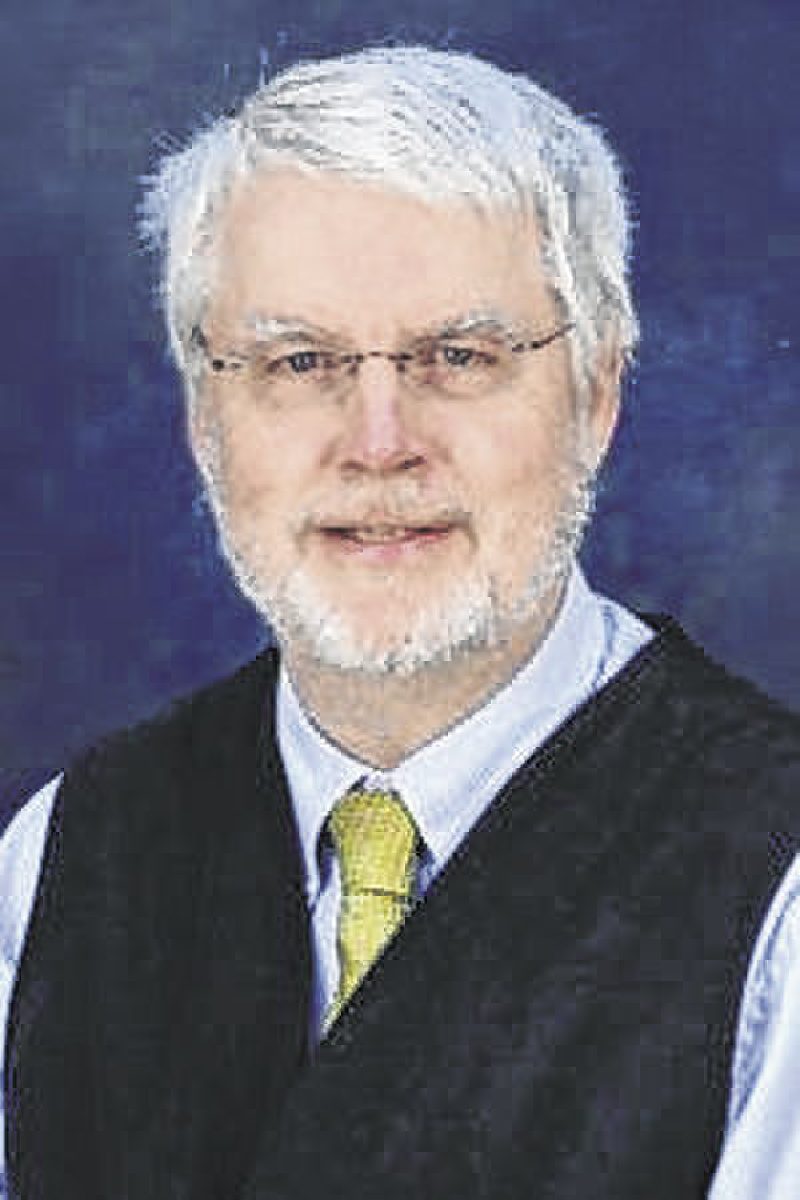A year ago, I attended a three-day workshop on racism that changed my life. I thought I understood the systemic racism in this country, but through the workshop, I realized I didn’t understand half of the problem.
In the closing moments of the last session, the facilitator said something that surprised me. Directing her comments to the white participants in the workshop, she said, “Do not leave these three days with a plan or program to help the African-American community. Your responsibility is different. Your task is to take what you’ve learned and concentrate on one thing: see our society and its problems differently.”
That comment has come back to mind almost daily since the George Floyd story erupted. My immediate reaction was to do something or plan some program. I wanted to add my voice to the protests.
It is essential for white Americans to join their voices with people of color to say “enough is enough.” But there is an even more important role white Americans can play, and that is to listen to what people of color have to tell us and teach us.
For survival, people of color have to listen carefully to what white Americans say. How carefully do white Americans—how carefully do I—listen to our African-American sisters and brothers? What might we learn if we closed our mouths and opened our ears?
With this question in mind, I emailed three African-American friends to say that I had no words to share, but I did have ears to hear. I asked the three, who happen to be members of the clergy, to share their thoughts at this critical time in our nation’s history.
The following is a sample of what I heard. One: “. . . the last words of George Floyd, he was calling out for his Momma. A 46-year-old man calling out for his Momma. A mother who’d been dead for three years.”
Two: “I just left a ministry ZOOM meeting and someone brought up as a matter for prayer ‘This looting and rioting has to stop.’ I heard a bunch of ‘amens.’ I then said the following: ‘I’d like to take an unscientific survey. How many of us on this ZOOM call have had the police pull a gun on us?’ After seconds of silence, I slowly raised my hand. I then shared with them my experience last year of being pulled over by the Indiana State Police for no reason other than I ‘looked like a drug runner.’”
Three: “(White Americans must) speak up against injustices that are happening in our society. (They must) be willing to have the uncomfortable conversation with family, friends, colleagues, etc. . . . We as African Americans don’t have the luxury of being comfortable.”
Four: “When a grown man cries and moans for his Momma to the point of urinating on himself, he is, at that moment of anguish, desperately reaching out for that which his original essence inherently knows is his rights; namely, ‘that all men are created equal and endowed by our Creator with certain inalienable rights … life, liberty and the right to breath.’"
Five, and perhaps most poignant: “I’m tired.”
In the Biblical book of Ecclesiastes, the author wrote that there is a time for everything, including “a time to speak” and “a time to keep silent.” For some at this moment, it is a time to speak, to describe the pain of inequality and oppression. But those who have a right to speak need others to be silent and listen with open ears and hearts.
As Jesus said, “Those who have ears to hear, let them hear.”
David Carlson of Franklin is a professor of philosophy and religion. Send comments to [email protected].




